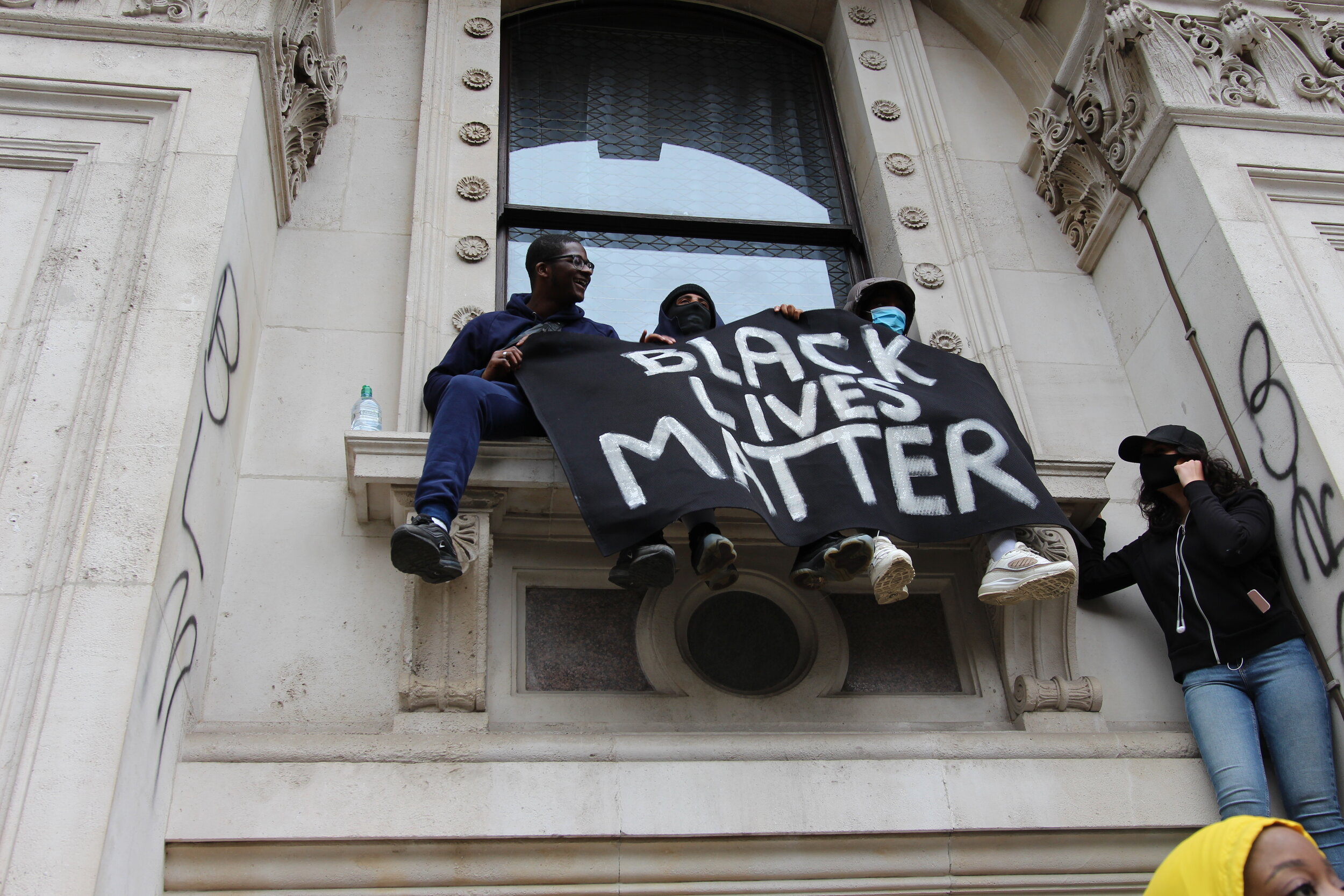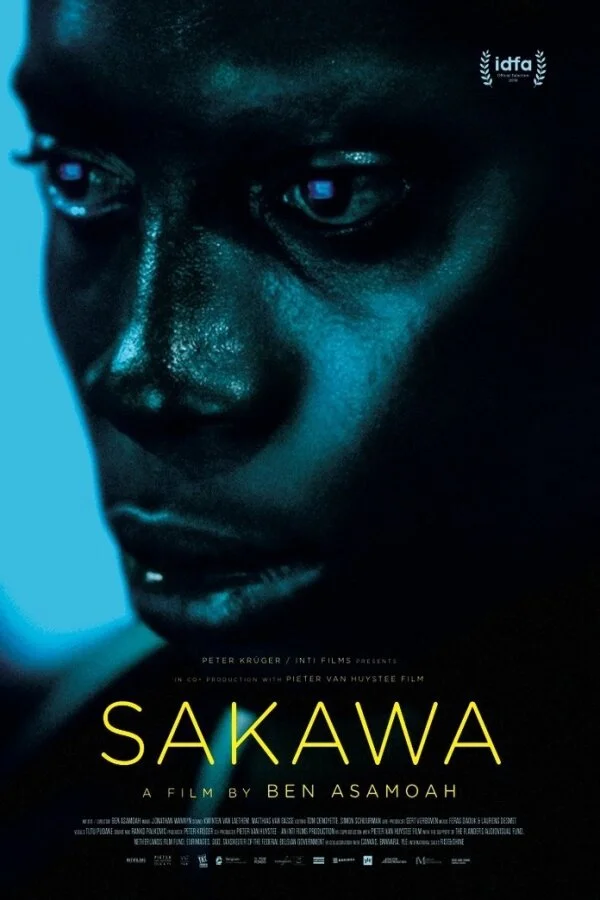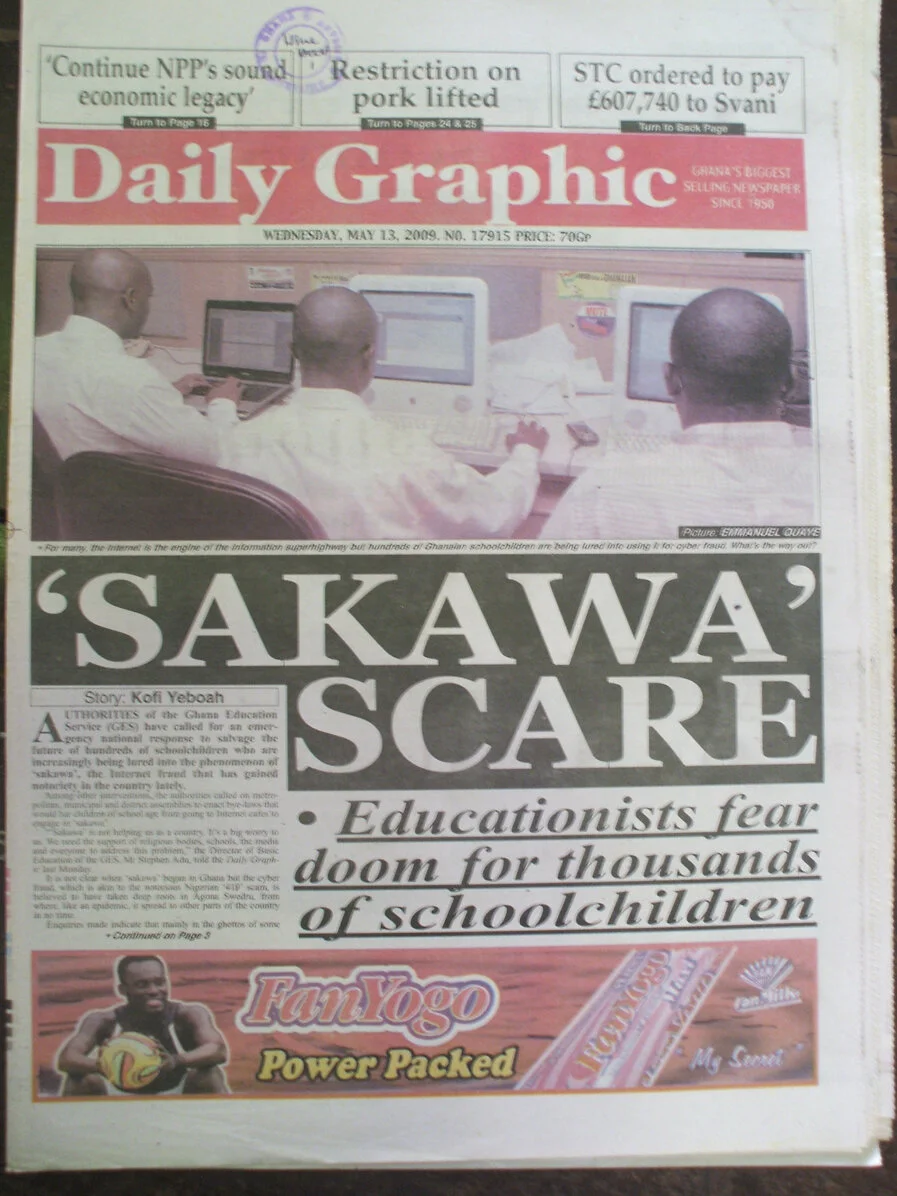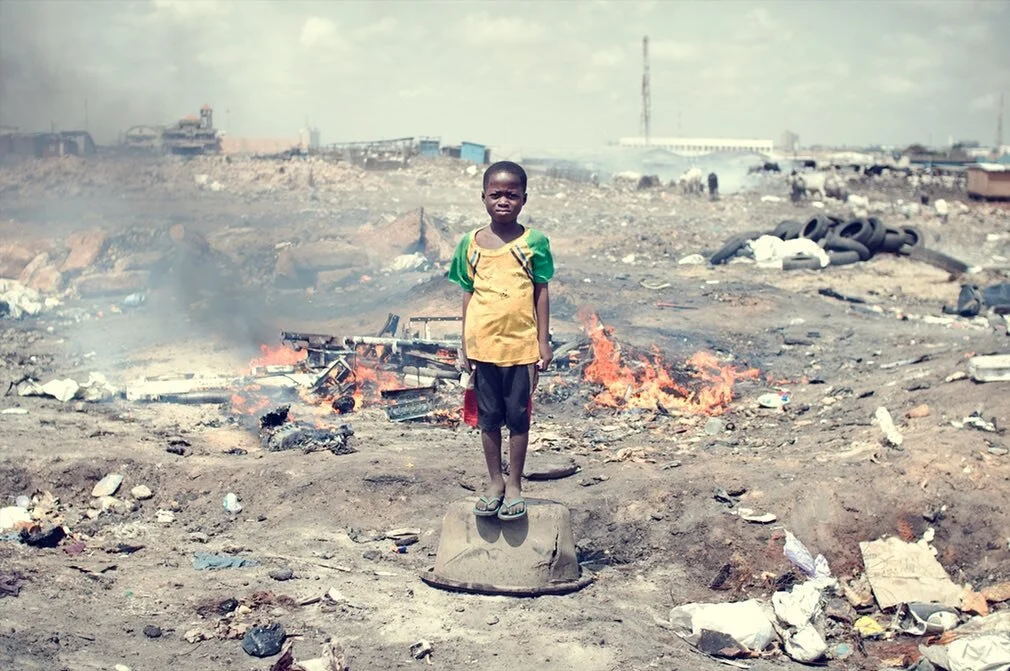Courtesy of IMDB
Sakawa is a documentary directed by Ben Asamoah about a group of young Ghanaians that turn to internet fraud to help them with a desperate situation. Sakawa is a Ghanaian term for illegal practices that combine modern Internet-based fraud with African traditionalist rituals. The term or word Sakawa is a Hausa word that means putting inside, how to make money. The rituals, which are mostly in the form of sacrifices, are intended to spiritually manipulate victims so that the scammer's fraud is successful.
Courtesy of Cambridge University Press
Courtesy of Environmental Justice Atlas
The film utilises a unique approach to the concept of online fraud. He focuses entirely on those engaged in Sakawa as a way of life. For many poor Ghanaians, Sakawa is their only means to make money. The film is a dark statement on the unintended consequences of technological advancement. Many of the e-waste dumps depicted in the movie are the product of the west’s overconsumption of technology; however, this same technology would eventually be used by locals against westerners. Campbell suggests that the term “digital religion” describes “this merging of new and established notions of religious practice means digital religion is imprinted by both the traits of online culture and traditional religion."1. This concept is embodied in the practice of Sakawa.
Courtesy of Screen Anarchy.
Unlike most documentaries on this subject, he does not focus on westerners being victims of fraud. Instead, he wanted to tell the story of those engaged in Sakawa as a way of life. The e-waste scene, for instance, is compelling. The dump signifies Ghanians frustrations. On the one hand, you have the boys and girls that practise Sakawa, and you can condemn them; on the other hand, there is us in the west that contribute to this environment getting polluted. The implementation of their personal stories helps demonstrate how Sakawa is an unwanted necessity for many poor Ghanaians. Its Machiavellian principle used ironically against the West, the end justifies the means. In the film, no white people are not shown, but they are spoken about in the context of wealthy countries such as Canada, the UK and America. Showing how the West and white people in Ghana are associated with prosperity. You cannot blame them because this is the narrative they are fed through the internet, TV, or returning immigrants.
Courtesy of Docville.
There is a scene where the Director enables an individual to tell his story, the scene is extremely powerful. In it, the man explains, “I have been through it all. I used to be a houseboy. A man cooking for a white woman. Can you imagine? I cannot even cook. So, I used to call my mother. When I called her... she would explain to me how to cook...I used to buy fish for, like 250 euros. In one week... She would eat fish worth 250 euros and pay me 12 euros a month. For the whole month. And she spent 500 euros in 2 weeks on fish. Thats allot. So, don’t feel guilty about the white people. There is no one here to help us. We’ve got to help our family That’s true. With no degree, government jobs are not an option”. The Director essentially shows how Sakawa is necessary to get to the next stage of their life so rather than being depicted as an oppressor they are victimising and victims. The film also demonstrates the importance of Voodoo(also known Vodun, Vodú and Vodou) in Ghanian society, he highlights the difference in the meaning of Voodoo in the west vs global south. In the west, Voodoo is associated with revenge, blood, sacrifice, evil and the devil. In reality, Voodoo's spiritual practice is about balance, energy, and how to learn more about the universe.
Courtesy of Continent Tour
Courtesy of Cambridge University Press
Courtesy of Sakawa
What makes the film convincing the director film style. The filmmaker blurs the line between observational documentary and setting up the scene. He does not care whether this disqualifies the film as a documentary. In terms of emotions, he believes it is essential to convey what is being felt. He also wanted to get away from the rock role way of shooting documentaries in Africa(i.e. handheld) and instead framed it and shot it beautifully to show Ghana in a beautiful light, humanise the people's stories, in tern making the narrative more convincing and relatable. Through focusing on Sakawa boys, the driver behind the narrative also makes the overall argument more convincing. However, the limitations of the film are what it does not depict. The Director only shows the entry-level to Sakawa and does not show the top tier fraudsters such as Hush puppy. Furthermore, an opportunity I felt was missed to the relationship between Sakawa and other regional fraudsters such as Yahoo boys/419 from Nigeria, who have much more different oppressive dynamic with government and police. Also, the role of the Abrahamic religions in Africa and their views on Sakawa was under-explored. Overall, the films raises important questions of whom the digitalisation of Africa benefits. With a large investment in ICT’s from china in countries like Ethiopia and Ghana, you would expect this to revolutionise life for the average Ghanian. However, the fact that Sakawa is a necessity for many Ghanaians raises the question. Whom is it benefiting?
References:
Sakawa, 2018 [online] Ben Asamoah, Netherlands 15/02/2021, Youtube
Photos/Videos
https://www.imdb.com/title/tt9617614/mediaviewer/rm4121583872/
https://file.ejatlas.org/img/Conflict/2837/74b3b300-d205-4c85-8ef9-d98685f55f35-2060x1368.jpeghttps://www.cinemaescapist.com/2020/02/review-sakawa-ghana-movie/
https://haenfler.sites.grinnell.edu/wp-content/uploads/2018/10/Sakawa-poster.png
https://www.cambridge.org/core/journals/african-studies-review/article/abs/sakawa-rituals-and-cyberfraud-in-ghanaian-popular-video-movies/063807DDAF1C7785834F32AEDD0BC491
https://continenttours.com/africa-destinations/ghana-togo-benin-including-annual-ouidah-voodoo-festival-jan-2020/
https://sakawa-film.be/voodoo
https://www.youtube.com/watch?v=ttT1hYRPD1k&t=4s
Urban Front does not own any of the rights to the photo & videos used in this article. All photos and videos are used under fair use.










